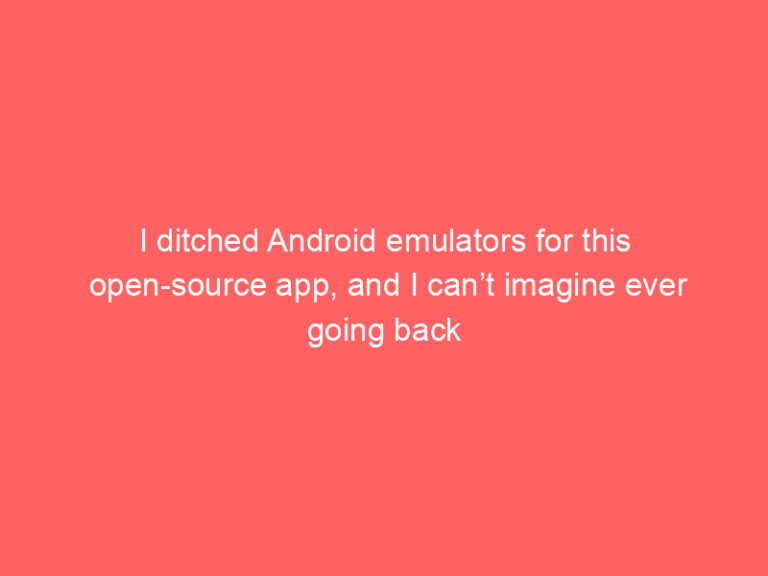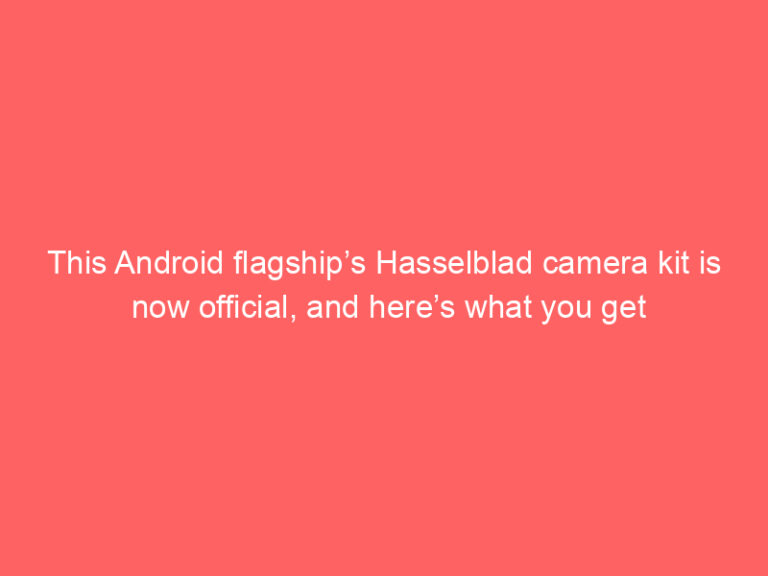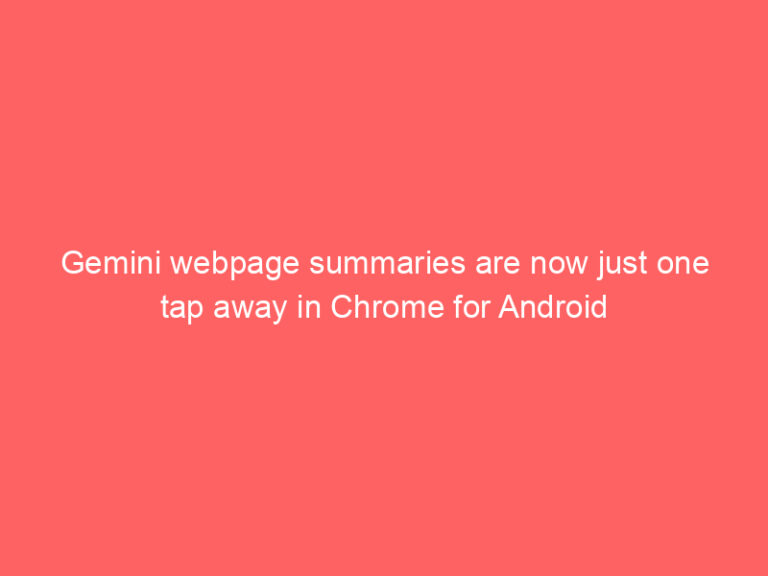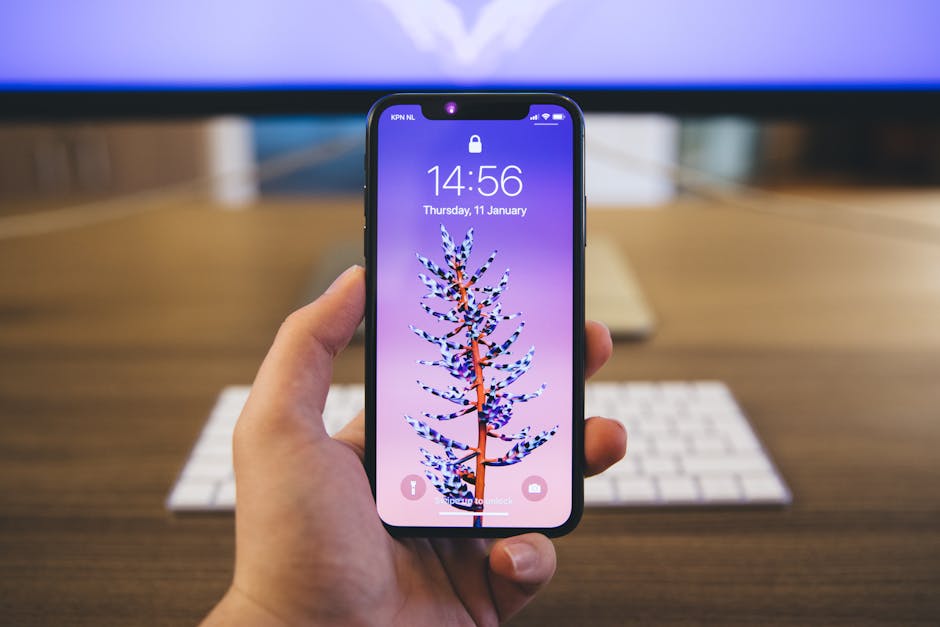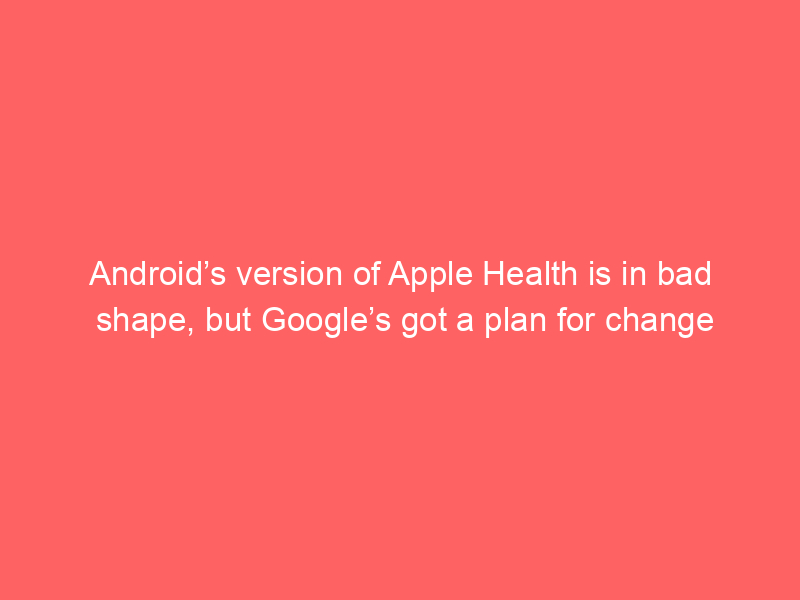
The Dark Side of Android’s Health: Why Google’s Plan Might Be Too Little
For years, Android and Apple have been locked in a tech battle for market dominance. While Apple’s sleek iPhone and Mac computers dominate the premium segment, Android phones have carved out a significant niche for themselves in the mid-range and budget markets. However, recent reports paint a bleak picture for Android’s health when it comes to health-related features.
The Heartless Heartbeat of Android’s Health
Android’s health ecosystem is built on open-source code and relies heavily on the HealthKit framework. This framework allows developers to easily integrate health sensors and wearables into their Android apps. While this approach has contributed to a wide range of health-focused apps, it also exposes the platform to vulnerabilities.
A major concern is the lack of standardization in HealthKit. This means that different developers can use different health sensors and wearables, leading to compatibility issues and fragmented data. Additionally, the open-source nature of the framework has led to the emergence of several forks and modifications, which can be difficult to track and update, leaving Android developers at the mercy of malicious actors.
Google’s Ambitious Plan for Change
Recognizing the limitations of the current HealthKit framework, Google has announced a significant update to Android 14. This update will introduce significant changes to the Health API, including:
* Improved data security and privacy: Google will be collecting and storing health data directly on the device, eliminating the need for apps to access sensitive information.
* Enhanced data control and transparency: Users will have more control over their health data, with the ability to choose what apps can access it and how it is used.
* Support for new health sensors: The new Health API will be more open and allow for the development of new health sensors and wearables directly on Android devices.
* Integration with Apple Health: Android 14 will allow users to seamlessly transfer their health data between their Android and Apple devices, eliminating the need for manual data entry.
The Verdict
While Google’s announcement is a step in the right direction, it’s important to acknowledge that the issues with Android’s health ecosystem remain significant. The lack of standardization and security concerns remain major challenges that need to be addressed.
Android users should be cautious and exercise caution when downloading and using health-related apps. It’s crucial to read reviews and choose trusted developers. Additionally, staying informed about the latest Android updates and security patches is essential for maintaining the security of their devices.

